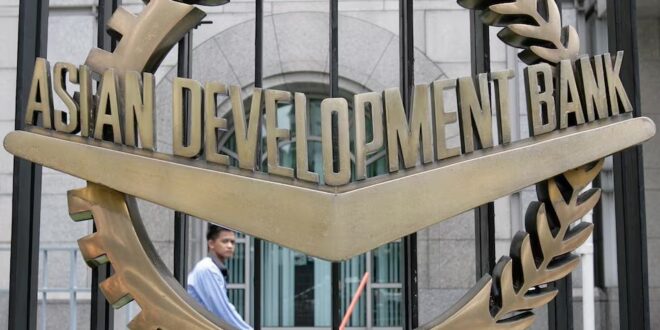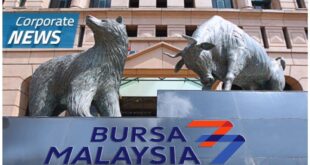TBILISI: The board of governors of the Asian Development Bank (ADB) approved the bank’s financial statements for 2023 and an allocation of US$1.42bil in net income from its ordinary capital resources.
This decision was made during the governors’ business session on Sunday, marking the highest net income allocation in ADB’s history.
The allocable net income for 2023 will have over US$1bil allocated to ADB’s ordinary reserve to support the bank’s capital growth and provide an earnings base to generate income.
Additionally, US$292.5mil will be allocated to the Asian Development Fund, which offers grants to ADB’s poorest and most vulnerable developing member countries, US$110mil will be allocated to the Technical Assistance Special Fund that provides technical assistance grants to borrowing members for project preparation and technical or policy studies,.
A further US$15mil will go to the Asian Pacific Disaster Response Fund, which provides immediate post-disaster grants to developing member countries for restoring lifesaving services.
Allocable net income is defined as net income after appropriation of guarantee fees to the special reserve and certain adjustments reported in the cumulative revaluation adjustments account.
In a submitted written remarks to the session, Dao Minh Tu, deputy governor of the State Bank of Vietnam discussed three areas under this year’s theme of “Bridge to the Future”, which he said the ADB could strengthen its pioneering role in driving an international development agenda.
“I commend the ADB’s recent shift to be the Climate Bank of Asia Pacific and its great efforts to implement the US$100bil climate finance ambition.
“This is relevant to the region that is highly vulnerable to climate risks but having limited resources to effectively address them, and disproportionately suffering from the imbalance of climate costs and benefits.”
Tu said that at the heart of climate actions are material incentives at scale for countries to mitigate higher costs and risks of greener solutions.
In this regard, it is imperative that the ADB explore possible use of its own resources to offer meaningful incentives at a sufficient scale, in addition to ongoing efforts to mobilise more concessional co-financing for climate operations.
“With its strong experience in implementing green investment, the ADB should clearly link such incentives with measurable greener outcomes, with the ability to revoke them if such outcomes are not achieved.
“This will set a model for countries to consider adopting for national-level initiatives,” he added.
The deputy governor also emphasised the need for the ADB’s proactive efforts in addressing the region’s short-term focus issue of uncertainty and volatility in the global and regional economy.
This issue poses significant risks in terms of slower growth, weakened private investment and consumption, as well as placing stresses on public finance and balance of payments.
“Lastly, with the relative and gradual shifting of global growth drivers to Asia-Pacific over the past decades, many economies in the region have reached middle-income status but still with significant development challenges in certain pockets of vulnerable communities,” he said. — Viet Nam News/ANN
 BeritaKini.biz Berita Viral Terkini di Malaysia
BeritaKini.biz Berita Viral Terkini di Malaysia





